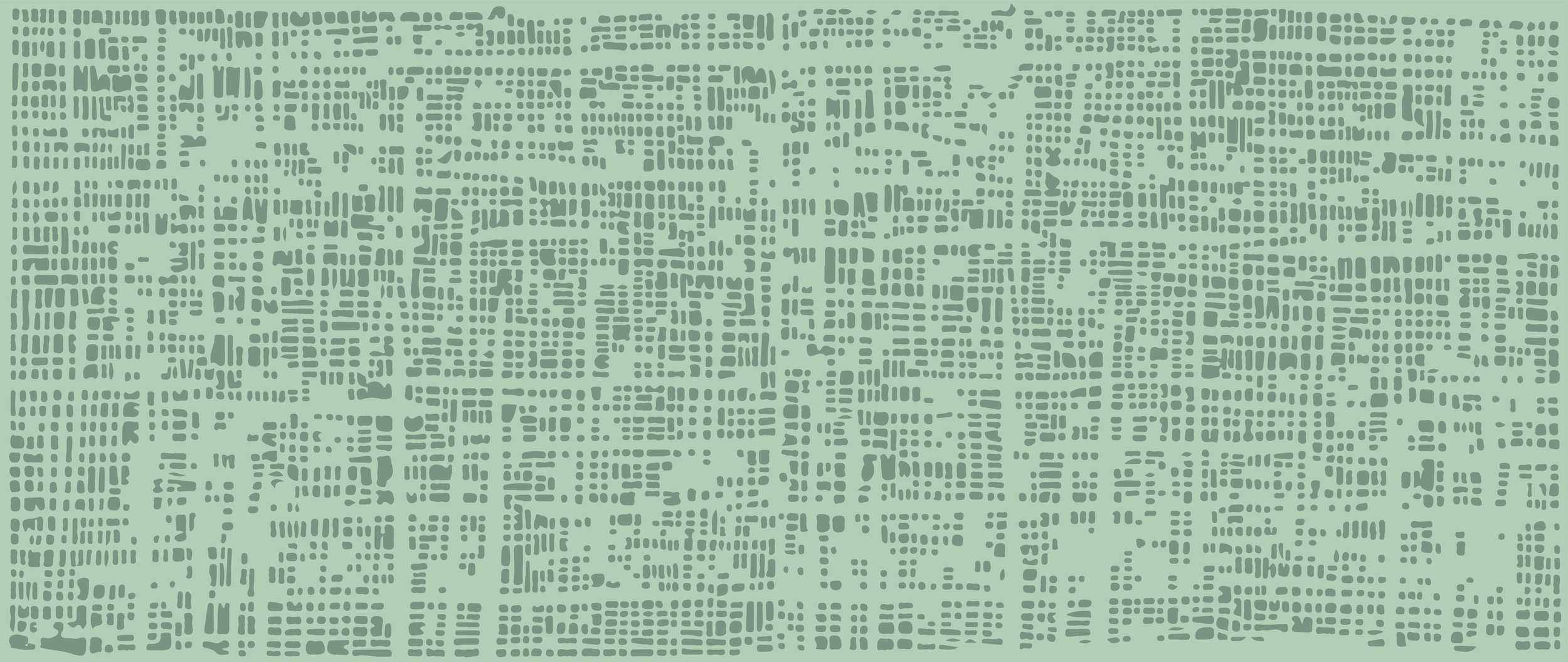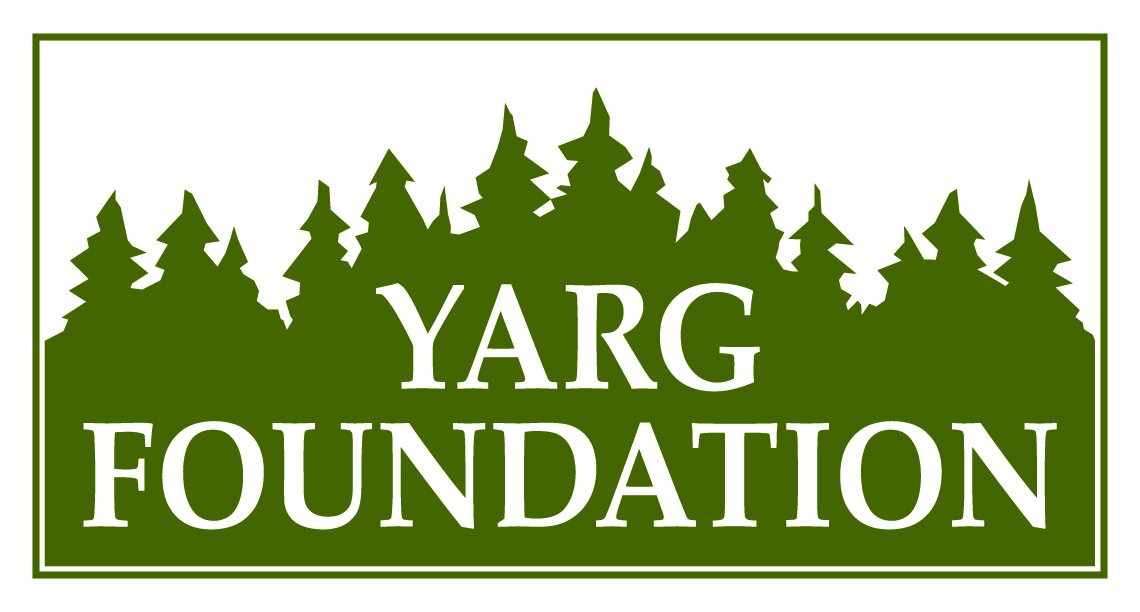
Justice Reform Initiative
Justice Reform Initiative (2021-2027) invests in policy organizations and direct-service programs that interrupt the cycle of mass incarceration and support the needs, rights and health of people impacted by the criminal legal system.
For potential grantees:
Justice Reform Initiative is a multi-year funding strategy. There are no remaining open funding opportunities in 2025. There will be limited new funding available 2026 by invitation only.
WHY WE INVEST
THE JUSTICE REFORM INITIATIVE works to advance changes that create a more effective, accountable and equitable justice system with the goal of making Oregon communities safe and healthier. There is an ongoing need for more public and private investment in prevention, harm reduction and healing.
HOW WE INVEST
THE JUSTICE REFORM INITIATIVE strategy was guided by an Advisory Committee of leaders with lived experience with the criminal legal system as well as differing backgrounds and perspectives as it relates to these complex issues. For Youth Intervention and Prison Program focus areas, Yarg assembled a more specific advisory committee and community grant panels comprised of people with lived experience or expertise in these topics to set the priorities for funding and grant making decisions.
WHAT WE INVEST IN
Our initial Advisory Committee recommended that Yarg fund in five focus areas: public defenders system, measure 11 reform, support for children impacted by familial incarceration, youth intervention programs and prison programs. Focusing on these areas would result in improving Oregon’s broken public defender system, change mandatory sentencing to allow for consideration of mitigating factors and the earning of in prison good behavior time, would lower recidivism rates through meaningful life skill building in prison programs, and reduce the number of youth entering the carceral system through strategic interventions for vulnerable youth.
WHO WE INVEST IN
Our funding strategy focuses on policy organizations working on identified issues of reform, Transforming Justice Coalition members collaborating on policy advocacy and policy implementation, Youth Intervention programs and Prison Program expansion and access.
Background
In 2020, the Yarg Foundation, a private, family foundation, launched a five-million-dollar Justice Reform initiative (JRI) to advance changes that create a more accountable and equitable criminal legal system with the goal of making Oregon communities safer and healthier.
Year 2020-2021: Hired a facilitator. Recruited and created a 12-member Justice Reform Advisory Committee. Yarg began advisor recruitment with the goal of finding those most impacted by the justice system as well as those who have a unique understanding of the justice system from a career and policy standpoint. Geographic diversity from around the state was also important.
Year 2021-2022: Justice Reform Advisory Committee participated in 21 hours of meetings over the course of eight months with the goal of providing strategy and focus areas for Yarg’s Justice Reform Initiative. Yarg knew that community engagement was important, so from the beginning the foundation took a very open stance on what the initiative might look like and tried not to influence decision-making. It was a unique process, with few parameters. The Advisory Committee chose these five focus areas for Yarg to work in: Public Defender System, Measure 11 Reform, Support for Children with Incarcerated Parents, Youth intervention and Prison Program Reform.
Year 2023: Yarg continued the policy and transforming justice coalition funding, and added a Youth Intervention Grant Program with the goal of reducing the trauma and obstacles caused by engagement with the criminal legal system by supporting youth empowerment programming in Oregon that is strengths- based, culturally responsive, and is designed to provide a positive intervention at a critical, or vulnerable point in a young person’s life between the ages of 4-19 with priority for funding given to programs serving and led by BIPOC youth, Youth Impacted by Parental Incarceration (YIPI), and Rural Youth. The 11 programs in the cohort receive three-year funding and were chosen by a community grant review panel made up of community members and young people who reflect the populations served by these programs across the state.
Year 2024: Yarg continued the policy, transforming justice coalition funding, and Youth Intervention Grant Program. Yarg held two convenings featuring workshops, panels and speakers for the Youth Intervention Grantees as a supplement to their grants. Yarg created an Advisory Committee for the Prison Program Grant Program (2025-2027) to set strategy, goals and priorities for funding. Prison Program Grant program looks to address inequities, shortcomings and absent programs within prisons that People in Prison need for education, normalcy and improving their mental health.
Year 2025: Yarg awarded three-year Prison Program grants meant to build capacity for prison program opportunities serving any of these six correctional institution/facilities: Coffee Creek, Eastern Oregon, Snake River, Two Rivers, Warner Creek or Deer Ridge. These programs can better prepare and educate people for a positive future, leading to lower recidivism.
JRI Focus Areas Context:
Yarg funds organizations that work on policy or direct-service programs to address the needs and rights of populations and issues below:
1. Youth Intervention Programs
Oregon has the 5th highest juvenile incarceration rates in the nation. This is in-part due to measure 11, in-part due to a poor public defense system, and in-part due to a lack of juvenile diversion programs. The goal with this focus area is to intercept youth before they enter our carceral systems to ensure they do not become another statistic. Early intervention is proven to be the most cost-effective and efficient way to break the cradle to prison pipeline.
2. Youth and Children Impacted by Familial Incarceration Education Programs and Support Services
Nearly 70,000 children in Oregon have a parent incarcerated (2.7 million children in the US). These children are often overlooked even though they are 6X more likely to end up in prison. There are huge gaps in offering support to children and youth impacted by familial incarceration and support and parenting education for their parents, caregivers and family members. Upon their release parents are less likely to reoffend if they are able to maintain relations with their children and have support pre and post release.
3. Public Defender System
According to a report by the American Bar Association, Oregon needs about 1900 public defenders to ensure the constitutional rights of those in the criminal justice system, but the state has fewer than 600, a 69% deficit. The latest report echoes a 2019 report by the Sixth Amendment Center that found Oregon’s system for public defense was essentially unconstitutional. Addressing the issues within the public defense system is paramount to creating a just society. Public defenders speak for roughly 80% of the people moving through the courts. Without proper legal counsel there is a massive gap in our justice system.
4. Reforming Mandatory Sentencing (Measure 11)
A 1994 ballot measure to essentially make sure Oregon was “tough on crime.” The measure drastically overhauled the states sentencing guidelines (diverging from what was considered “normal” at the time) for 16 different violent and sex-based offenses, removing judge’s discretion, and often resulting in the sentencing being used as leverage in plea deals. While some advocates argue that Measure 11 has created a reduction in crime, Oregon’s downturn in violent crime has mirrored that of the nation. Mandatory sentencing, and the inability for prisoners to access reform programs creates a scenario of hopelessness and little access to rehabilitation.
5. Prison Program Reform
Prison program reform will look to address inequities, shortcomings and absent programs within prisons that People in Prison need for education, normalcy and improving their mental health. Most of the programs currently within prisons are under-resourced or simply falling short. These programs can better prepare and educate people for a positive future, leading to lower recidivism.
For more information, contact: Mariana Lindsay, Program Director mariana(at)yargfoundation.org
